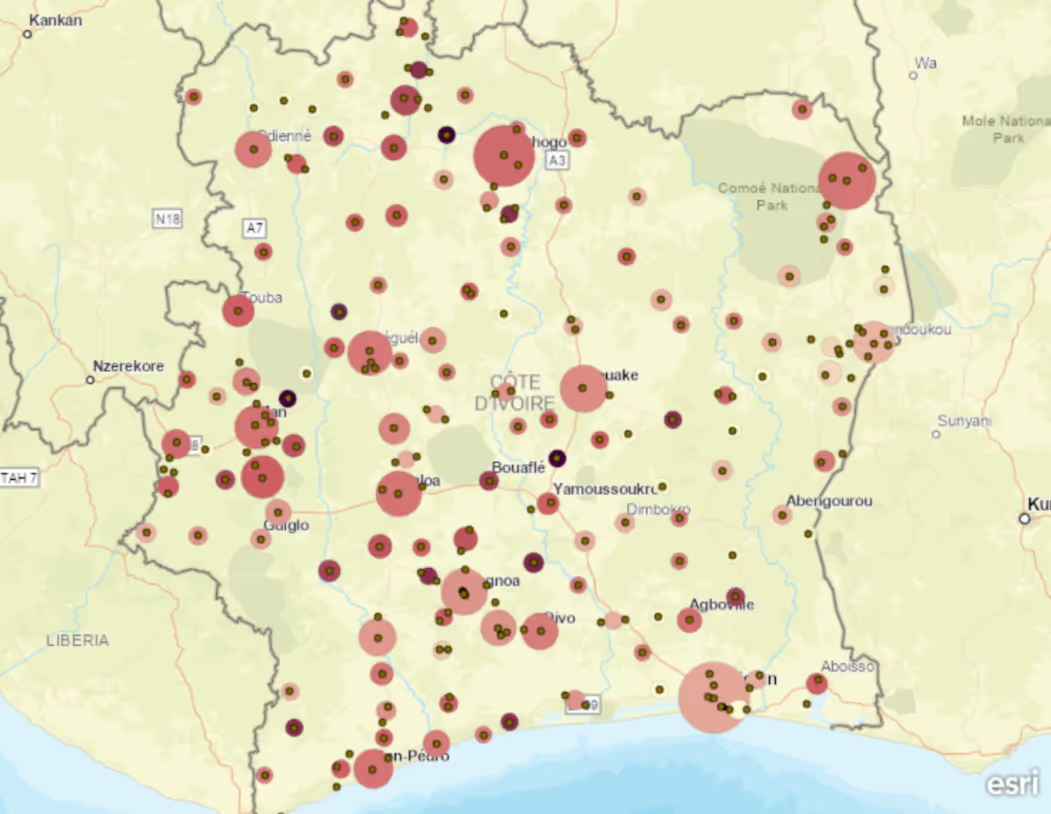Bike Ambulances to improve Emergency Obstetric Care in Rural Areas

Maternal mortality and morbidity rates remain high in Cote d’Ivoire. It is estimated that more than six women out of a thousand are dying while delivering birth, while 0.7% of the women of childbearing age have fistula in the country (MICS, 2016). While the strengthening of the health system is taking place, women in the country, especially in the rural area, stay vulnerable to the high risk of maternal death and morbidity. From behavioral perspectives, the barriers that leads to the three delays–(1) deciding to seek care; (2) identifying and reaching a medical facility; (3) receiving adequate and appropriate treatment may include the following (Cichowitz et al., 2018): Factors related to the first delay: social norms (community prefers to deliver at home), limited transportation and health care services at night, and negative experience in hospitals in the past (lack of trust). Factors related to the second delay of reaching a medical facility: a lack of available transportation, long travel times, and perception of high medical costs (walking 36.5%, car 34.6%, bus 13.5%, and motorcycle 13.5% in case of a study in Tanzania). In this context, this rapid prototyping initiative seeks to develop a new low-cost, safe transportation for women to prevent maternal mortality and morbidity in rural areas, by tackling the barriers that often lead to delay of emergency obstetric care (EmOC). It also aims to collect and utilize the GPS data/information of the bike ambulances to enable regional hospitals and the government to make better decisions in providing care, utilize hospital ambulances efficiently, and enhance communication between the care-seeker and care-provider.


.jpg)

